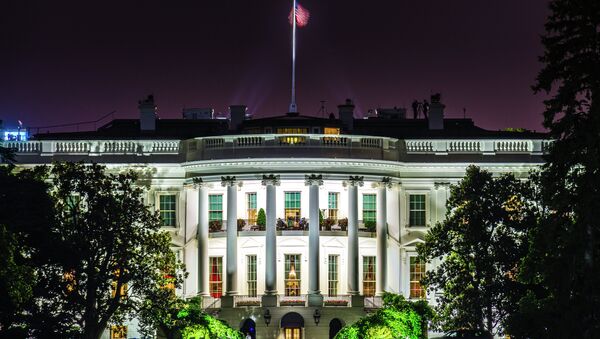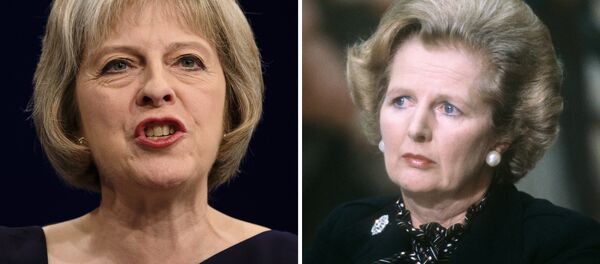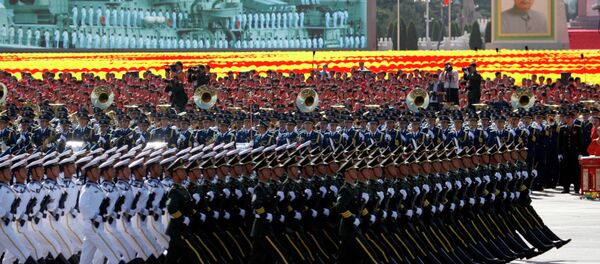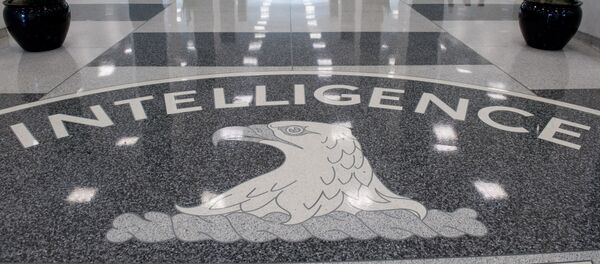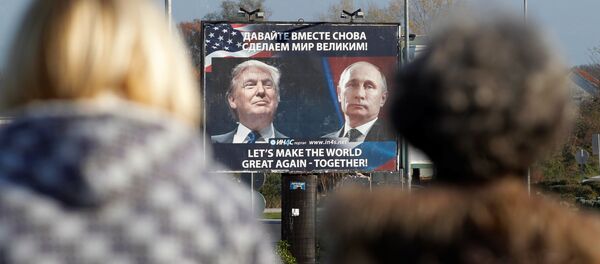Next day at my high school 95 percent of my classmates agreed with Thatcher and lambasted the poor three journalists for asking her "provocative" questions. The phrase about "democracies not fighting each other" in the next 10-15 years would become a commonly held opinion in Russia, with most of Gorbachev's and Yeltsin's foreign and security policies being based on this belief. We should become a democracy – and then we shall be safe.
In the years following 1986, we were told numerous times about other important elements of Western democratic world.
Democracies do not have political campaigns, with hatred against an "enemy nation" fanned by the media and hostile foreign politicians demonized to the point of de-humanization; democracies are soft-spoken, with a prohibition of depicting whole ethnic groups as hostile or in any other way dangerous; democracies are never paranoid about foreign spies, just vigilant… Also in a democracy, you respect your opponent during a discussion, you argue against his opinions, and not his personality, you don't present your opponent as a foreign agent or a person on someone else's payroll, etc.
Influenced by them, I was eager to denounce Milosevic as an extremist nationalist in my liberal newspaper where I worked at the time, The Moscow News. So, I took the Serb-Russian dictionary, went to library and read all of Milosevic's speeches in search of ethnic slurs and great power posturing. I COULD NOT FIND A SINGLE QUOTE. So much for modern Western democracies not de-humanizing their opponents.
But may be it was just an aberration? Maybe democracies still avoid ethnic slurs themselves and are immune to "spy-mania"? OK, I read a recent article in The New York Times, about "two top Republicans in Congress supporting investigations into possible Russian cyberattacks to influence the American election."
"The Russians are not our friends," the Senate's majority leader Mitch McConnell is quoted as saying, having accused "Russians" of hacking the Democrats' email servers – without any evidence presented. "We need to approach all these on the assumption the Russians do not wish us well," McConnell added.
As for spy-mania, senator McConnell's description of the CIA is so enthusiastic, it makes the Soviet cult of the "first Chekist" Felix Dzerzhynski look like scathing criticism. Speaking at a congressional hearing, McConnell confessed to "having the highest confidence in the intelligence community, especially the CIA." Outpacing any praise one could hear addressed to the KGB until the Soviet Union's collapse in 1991, McConnell added that the "CIA is filled with selfless patriots, many of whom anonymously risk their lives for the American people."
Do these senators understand that their statements discredit the notion of the US and its allies being democracies? The whole campaign against Trump's pick for secretary of state, Rex Tillerson (he was denounced for having talked to Putin during his business trips to Russia) – do the perpetrators of this campaign know what it reminds Russians of?
In the 1930s, Stalin gave an unofficial order to locate and punish (sometimes by death) all people who had ever had contact abroad with Leo Trotsky or his son, Vladimir Sedov, after their exile from the USSR in 1929. The mere instance of a talk, let alone a dinner, with Leo or Vladimir was seen as a "license to execution."
History seems to have come full circle. The dark pages of the USSR's past reveal themselves to be a lesson even more useful to modern Westerners than to modern Russians.
The views expressed in this article are solely those of the author and do not necessarily reflect the official position of Sputnik.
